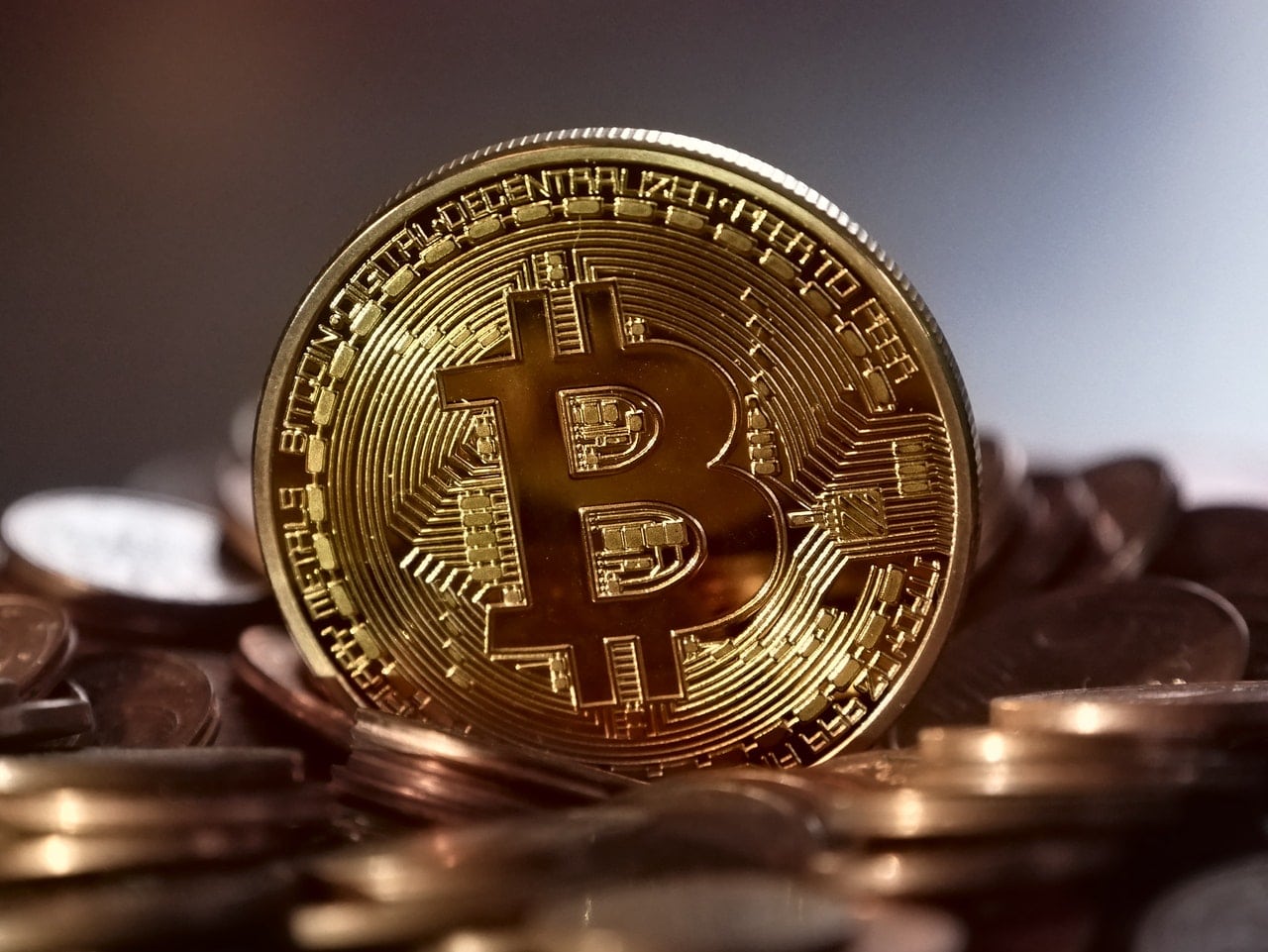The internet has changed everything, allowing businesses to operate online and customers to pay for them over the internet, saving themselves some inconvenience and, in some cases, money. Some of the more forward-thinking businesses will even accept cryptocurrencies such as Ripple (xrp) as well as traditional forms of payment.
A Time Before Payment Gateways
Before the internet, it was all about (credit) card payment terminals, which the world first saw in 1979 with Visa. Electronic payment platforms continued to expand in the 1980s and beyond. Then came the internet, businesses began operating online and introduced virtual payment terminals, a necessity for them to take payments.
Companies such as Bibit — who we now refer to as “payment gateways” — stepped in to meet this demand but focused on merchant – and consumer-facing technologies. The problem was that payment processors chose popular gateways instead of building in-house gateways. It was only when software developers and gateways integrated their work that they managed to solve this problem and others.
Fintech Gets Serious
Fintech has evolved to the benefit of business online and offline. One of the biggest players has been PayPal, who have developed an app, allow payments in different currencies and have also offered account holders the security of using their email address to make payments or receive them.
Then digital wallets emerged, with payment systems such as Apple Pay, on which people can pay using their phones. The digital wallet is linked to a bank account or payment card via smart technology. This style of payment is especially popular with millennials. Google and Amazon have also developed a similar style of technology.
The Arrival of Cryptocurrencies
Of course, Bitcoin has put the cryptocurrency world on the map. Despite the somewhat volatile nature of cryptocurrencies, several big-name companies that accept cryptocurrencies as a method of payment. Microsoft, Burger King, KFC, Virgin Galactic and AT&T, as well as the online travel agents Expedia and CheapAir, online encyclopedia Wikipedia and online consumer electronics and hardware company NewEgg, are just a few of the companies that smile kindly upon cryptocurrencies.
Any online business that doesn’t accept cryptocurrencies just now may wish to consider changing their policy. Cryptocurrencies offer the possibility of speedy payment and a more consistent cashflow, whereas banks can take time to process credit card payments. Payments are also more secure because of the consent-based nature of cryptocurrency transactions — transactions can’t be reversed without the consent of the merchant. The fees for cryptocurrency transactions are also likely to be lower than credit card transactions or payments via PayPal.
Things that businesses may wish to consider when it comes to cryptocurrency, however, are the fact that cryptocurrencies have an uncertain future just now. They’re still a work in progress and it remains to be seen whether the world will switch to cryptocurrencies. Security is also an issue because although blockchain technology – the underlying technology that makes cryptocurrencies work— is much more secure, hackers can still strike.
Cryptocurrency could solve a host of problems, such as double spending due to duplicated data, as well as making online transactions more secure. Businesses and even governments are already experimenting with blockchain technology to see how they can improve services with it. The world could potentially see even more of it.
Fintech is always advancing, from the days of simple credit card terminals through to digital wallets and cryptocurrency. Despite some of the drawbacks, many people are generally embracing innovation in the fintech world, a world which is producing some exciting developments. It’s a space to watch, for sure.










